What do you wish you had asked them?

Do you wish you had asked your parent certain questions before they passed away? Are your parents still living, but you know you haven’t asked them for all the stories you hope to one day hear (and pass on to your kids)?
“I wish I had asked my father about his time in the Army during the war.”
“I wish I had asked Gran about what Mom was like as a teenager.”
“I wish I had asked Mommy why she never remarried after my father left.”
“I wish I asked what the heck the ‘secret ingredient’ is in Nonno’s Sunday sauce.”
Whether it’s a seemingly small thing like how to get a favorite family recipe just right or a big thing such as why a loved one left home at the age of 16, we all have questions we wish we had asked.
I hear these laments regularly from prospective clients and from friends, from those I am coaching on their own memoirs to those who are honoring a deceased family member in a tribute book. It’s an unfortunate universal truth: We think we have unlimited time with those we love—time to do the things we want together, to share our appreciation for them, to ask them questions (about any and everything, but especially about themselves).
If there are two things I could impart to you right now—lessons learned from these repeated regrets—they would be:
1 - Ask your parents questions now.
If your parents or grandparents are still living, start asking them more meaningful questions than “How are you?” or “Do you want to meet for dinner?” Instead…
Encourage them to write about their life by telling them how much you really DO want to hear their stories!
Or just start having some intentional, thoughtful conversations and hit “record” on your smartphone. (Need inspiration? I am currently listening to Laura Dern and her mother, Diane Ladd, have these exact type of conversations in the audio book of Honey, Baby, Mine: A Mother and Daughter Talk Life, Death, Love (and Banana Pudding) [Grand Central Publishing, April 2024]).
2 - Answer questions your own kids haven’t asked yet.
Be proactive. I guarantee your children will one day wonder about you. Not you, their parent, but you, the individual. Think about the questions you wished you had asked your now-gone family elder, and find a way to answer some of them. It could be by…
writing in a journal devoted just to this purpose that you will one day pass on to them;
creating a weekly writing practice to preserve your life stories;
working with a personal historian like me to interview you to capture those “answers” (let’s chat!);
simply having CONVERSATIONS over the phone or over dinner where you intentionally share memories and allow them “in” to your world in a deeper way (this is ideally done with adult children, but you can begin sharing your memories and life lessons in age-appropriate ways throughout their young lives!);
preparing an ethical will (also known as a legacy letter), an opportunity to share your values in a way that takes much less time than writing a whole life story book, to be sure, but that may hold as much value to your descendants.
It’s natural to take our loved ones for granted. But I urge you to step off that easy path and take a turn towards intentionality: Ask questions. Answer questions. Sidestep regrets 💕
You’ve decided to do SOMETHING with all that family history stuff you’ve gathered—but somehow your project keeps growing. Here’s how to cross the finish line.
“I wish I knew why Mom moved to New York when she was just 16.” “I wish Papa told me how he makes his Sunday sauce.” Don’t wish for stories; ask for them.
Learn about our Write Your Life course, providing memory prompts, writing guidance and a dose of inspiration to anyone who wants to preserve their stories now.
A roundup of the most popular (and helpful!) posts from Modern Heirloom Books to help you prompt and preserve family stories this Thanksgiving season.
Five easy ways to get the best stories from your family member just by responding thoughtfully to their answers (hint: it starts with really listening!).
Whether you’re interviewing your parents about their childhood or gathering family history info from your grandparents, good follow-up questions are key.
While your memoir is telling your stories in your words, a family tree chart outlining your relationships has a real place in that book—here’s why.
Podcast host Melissa Ceria and personal historian Dawn Roode discuss the importance of family history preservation and finding solace in stories after loss.
Discovering a stack of handwritten letters can feel like winning the family history lottery—but is it always the right thing to read (or share) them?
From a conference hall filled with more than 150 family history vendors, I have hand-picked my favorites—here’s why you’ll love them, too.
Boxes of old letters, family photos, and mementos from a generation ago can feel like a burden if they’re passed down without context. What to do with them.
Wondering if 52 weeks of memory prompts will help YOU write about your life at last? Here, answers to the most commonly asked questions about Write Your Life.
Every week you’ll get themed prompts to stir your memories, tips to write your stories with ease, and more! A unique gift for your loved one (or yourself)!
Want to organize your family history archive? This cheap, convenient solution is a great way to record your stories until you’re ready to move them into a book.
No interest in family history? What if I told you there would be no research involved, no libraries, no family trees—just spoken stories? From mom, from dad?
Ready to edit your family history or life story book? Follow these three tips from a personal historian to ensure everything is clear for your descendants.
Whether your family heirloom collection consists of generations’ worth of antiques or a handful of sentimental items, catalog them for the next generation.
Family reunions are optimal occasions for gathering family history—and if you go in with a plan, you’ll be able to preserve stories AND have a great time!
Don’t let all those memory-keeping ideas swirling around your head overwhelm you. Instead, take some time to hone in on which stories to tell first—here's how.
There are a variety of reasons—including traumatic memories—when pausing a personal history interview is the best course of action. Give in to the silence if...
Your legacy is more than the assets you leave behind—much more. Here, three ways to leave a personal legacy that has a positive impact on your loved ones.
Beyond family photos: Consider adding vintage maps, family tree charts, and professionally shot images of special heirlooms to your family history book.
Our memories are anything but fixed—and when stories are passed down to a new generation, their malleability, their meaning, and their impact change, too.
Sitting both of your grandparents down together for a family storytelling session can be fun—but it’ll yield the best results if you follow these simple tips.
Steal these best practices from professional oral historians to make your next family history interview a success, plus how to set the stage for great stories.
Whether you're downsizing or consciously sorting through your stuff, make a legacy list of items that hold memories—it's a cheat sheet to your family history.
Here are my top picks for RootsTech 2022 sessions teaching about family storytelling and photo legacy. They’re all free, and you've got a year to watch!
Do you want to write your memoir but don't consider yourself a writer? Don't worry, there's another—easier—way to preserve them. Speak your life stories aloud.
Family stories have enduring value. Some you share now may not be relevant enough for your kids to care. But one day they will see themselves in your stories.
“I wish I knew why Mom moved to New York when she was just 16.” “I wish Papa told me how he makes his Sunday sauce.” Don’t wish for stories; ask for them.
Walking down memory lane can be fun, but writing about your life has big benefits beyond that, including making meaning out of your lived experience.
It’s important to me to stress some sense of urgency about writing about your life—but I don’t think you’ll have regrets if you don’t write about it ALL.
Boxes of old letters, family photos, and mementos from a generation ago can feel like a burden if they’re passed down without context. What to do with them.
You may think you are writing about your life for your family—to honor your ancestors, to give a gift to your descendants. But the truth is deeper. You’ll see.
When Mother’s Day is hard due to feelings of loss, allowing ourselves to linger in our memories may help (and, yes, hurt). A tribute made in grief, and love.
After we record your personal history interviews, I craft your story and photos into an heirloom coffee table book—not a video, not an audio file. Here’s why.
If writing your memoir means enough to you to put it on a bucket list, please read this—I’ll help you easily move it from future project to present-day endeavor.
Your legacy is more than the assets you leave behind—much more. Here, three ways to leave a personal legacy that has a positive impact on your loved ones.
Ignore those naysayers who warn that you must be passed middle age to begin writing your life stories: Start your memoir now, no matter how old you are.
It’s a common but wrong assumption—that telling one's own stories is “narcissistic” or “self-centered.” Truly, preserving your legacy is an act of generosity.
Recording loved ones' stories is important to most Americans, and yet not even half of us have done so. Here, resources to make memory-keeping easier.
Our memories are anything but fixed—and when stories are passed down to a new generation, their malleability, their meaning, and their impact change, too.
Family stories have enduring value. Some you share now may not be relevant enough for your kids to care. But one day they will see themselves in your stories.
Ever wonder what it might be like to work together on your OWN heirloom book project? Listen to past clients' feedback—and words of thanks!—to get inspired.
Writing about your life can be hard—but it’s still worth the effort. (Oh, and you’re wrong that your family members don’t care about your personal history).
Understanding the basics of how our brains encode memory can help us both remember the things we want in the future & retrieve precious memories from our past.
Dear Tim Ferriss: Have you interviewed your parents yet? It is with a healthy dose of humility & a shot-in-the-dark effort that I say to you: Do it now—please.
Is your life too boring to tell people about? Do you think it's self-centered to write a memoir? Or that your kids don't care about your stories? Think again.
It seems obvious: We should ask our parents about their lives—lessons, loves, adventures, ancestors. Then why do so many of us wait too long and then have regrets?
Did you know that listening to and sharing stories can help us live longer, happier lives? Discover three impactful ways to bring storytelling into your life.
I hope you'll take comfort in these personal stories of vulnerability and loss during the holidays. (Sharing memories about loved ones is always a good thing.)
Preserve your parents’ (and grandparents’) stories meaningfully for the next generation with these three ideas that make the process simple and enjoyable.
Sometimes the idea of telling our "life story" is overwhelming. If we think of memoir as a series of smaller life narratives, though, the way in becomes clear.
The Wall Street Journal reports that a growing number of adult children are interested in hearing more of their parents' stories. Are you among them?
A brave group of Jews secretly chronicled their daily existence in the Warsaw Ghetto during the Holocaust. Only one who knew where the archive was buried survived.
Ever tried to talk about your childhood with your grown kids only to be met with a lack of interest? They might not care now, but they will one day—I promise.
The most memorable quotes and takeaways from family history experts Amy Johnson Crow, Curt B. Witcher, Scott Fisher, and Janet Hovorka at RootsTech 2019.
Thoughts from the 2018 International Reminiscence & Life Review Conference including research challenges, anecdotal evidence, and autobiographical memory.
Family history is more than names on a chart; it's people's experiences that hold meaning. A curated list of resources for the genealogist who cares about story.


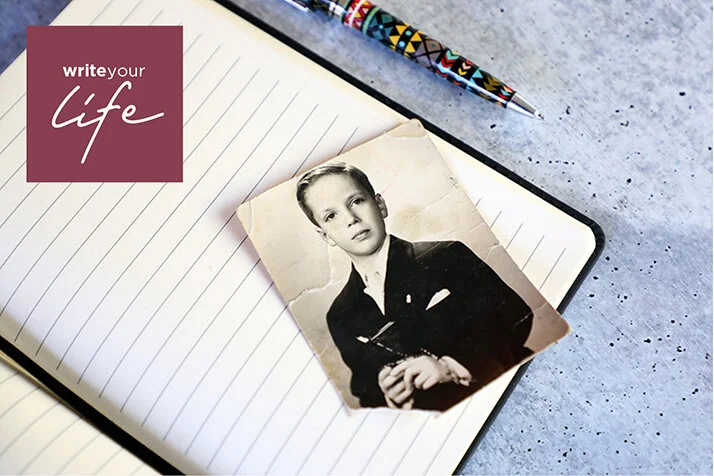






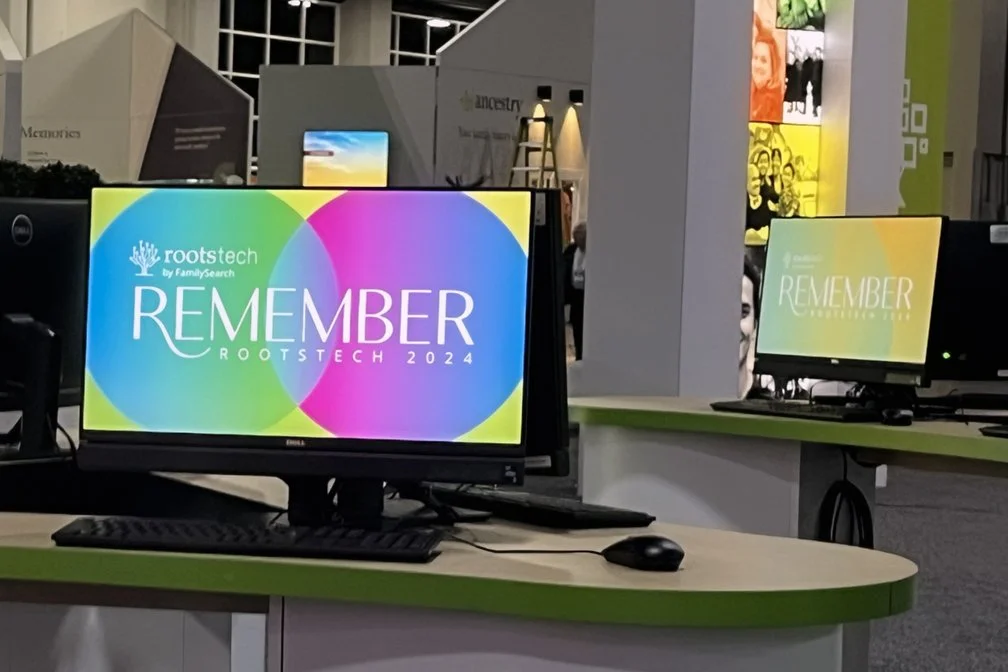




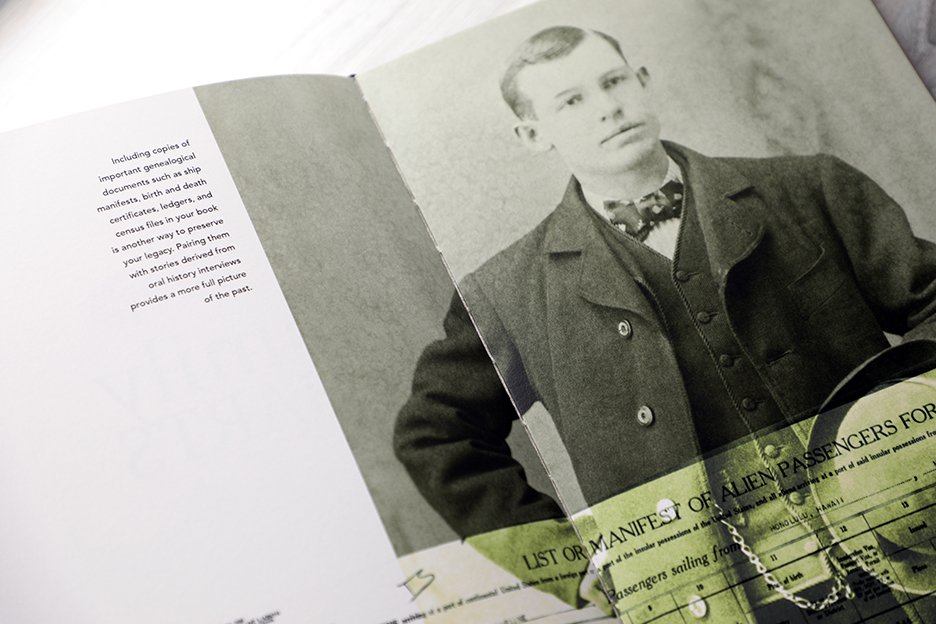





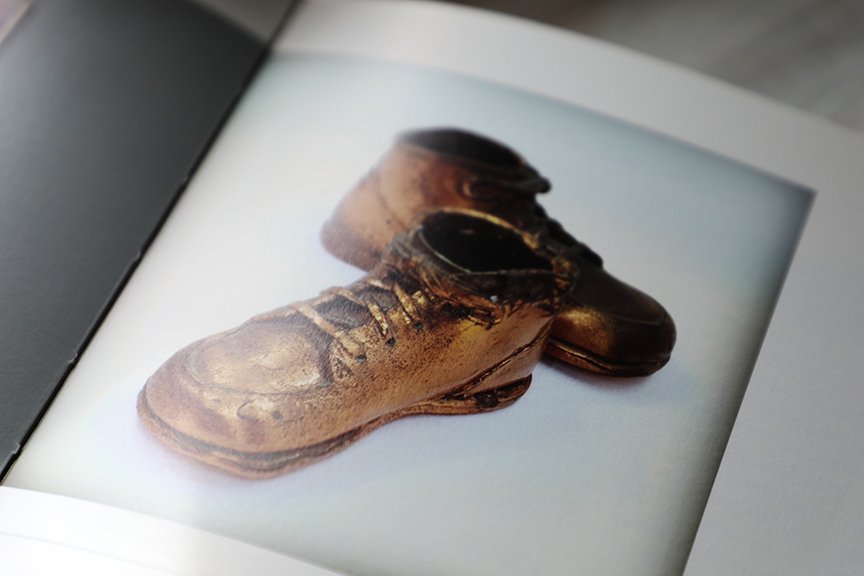
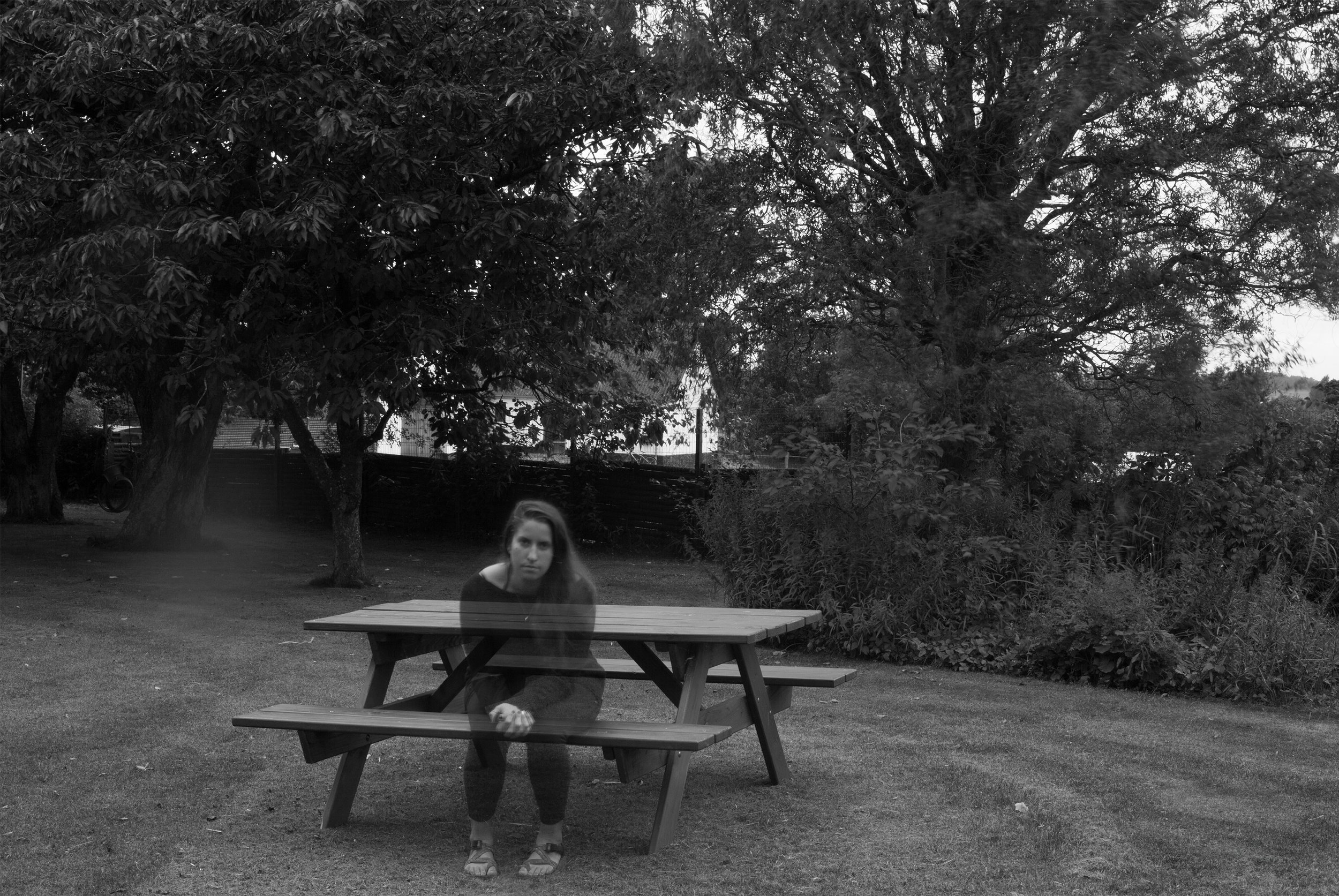

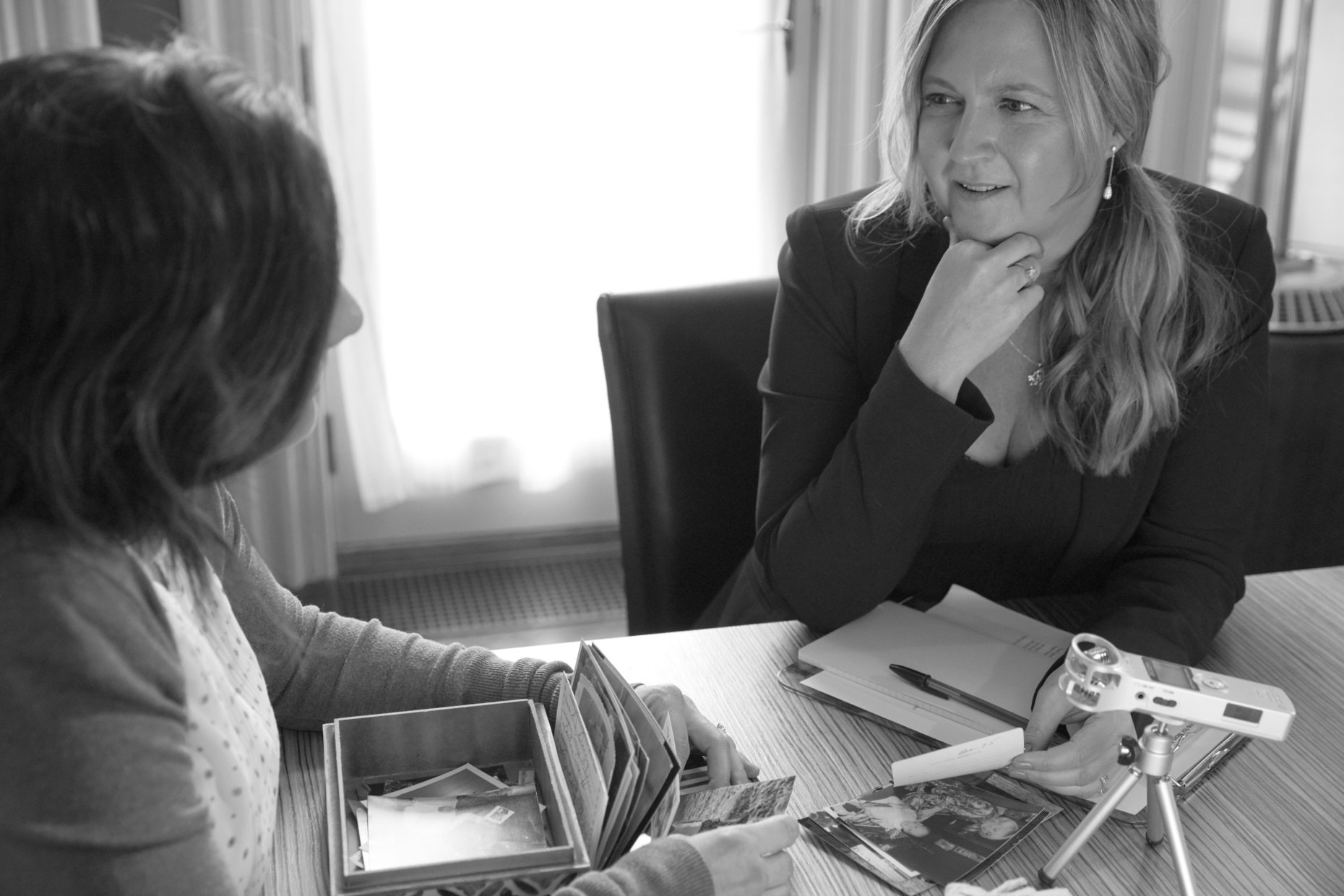








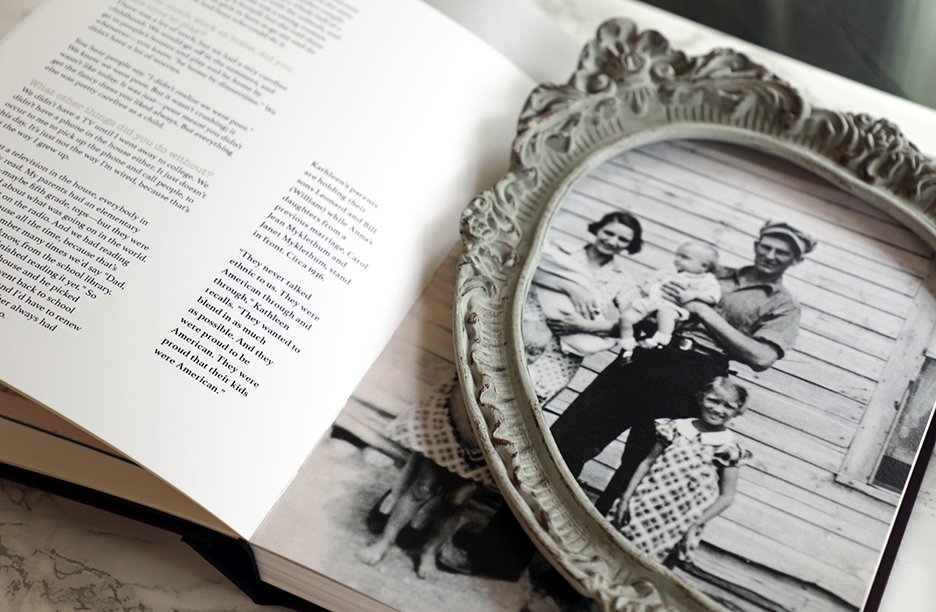



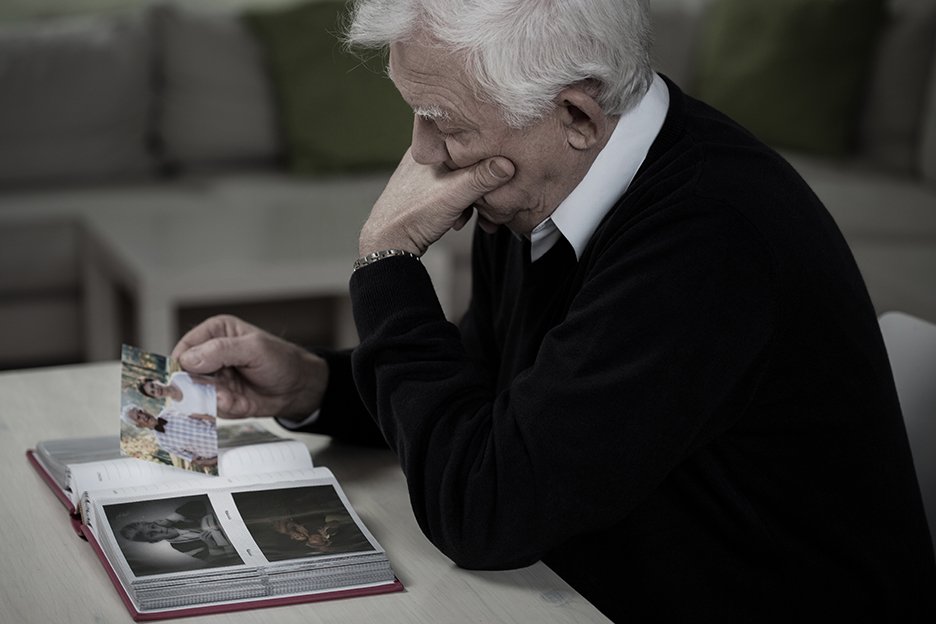














There’s way more to family history than clicking on digital hints and scouring online genealogy sites. Here, three ideas for tracking family history clues IRL.